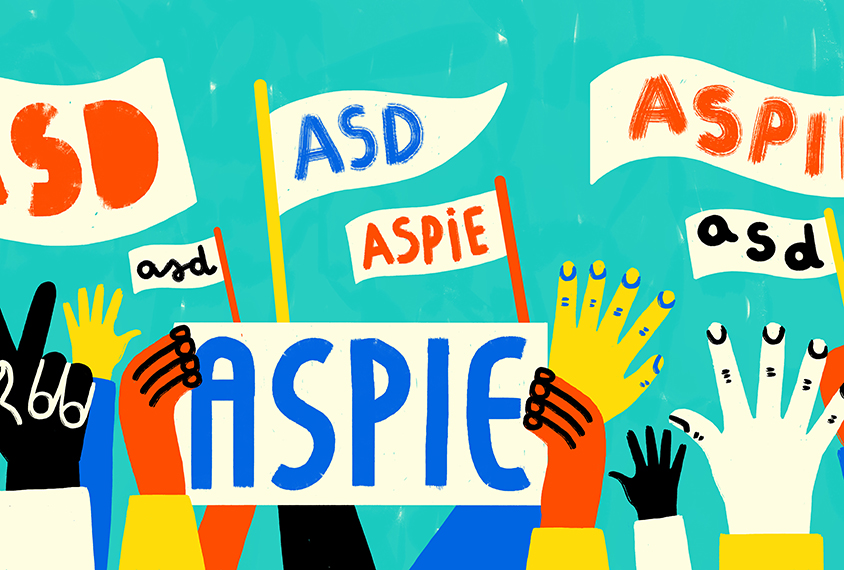Sandra Jones is pro vice-chancellor of engagement at Australian Catholic University in Melbourne, Australia. As an academic, she has researched autistic adolescent development, public understanding and acceptance of autism, and autistic people’s lived experiences of inclusion and exclusion. As an autistic woman and the mother of two adult autistic sons, she is a passionate advocate for the inclusion of autistic people in all aspects of society.

Sandra Jones
Pro vice-chancellor of engagement, Australian Catholic University
From this contributor
How the loss of Asperger syndrome has lasting repercussions
Some people who have lost the diagnosis of Asperger syndrome say they feel a loss of identity and worry about a loss of services.

How the loss of Asperger syndrome has lasting repercussions
Explore more from The Transmitter
New connectomes fly beyond the brain
Researchers are mapping the neurons in Drosophila’s ventral nerve cord, where the central nervous system meets the rest of the body.

New connectomes fly beyond the brain
Researchers are mapping the neurons in Drosophila’s ventral nerve cord, where the central nervous system meets the rest of the body.
Building an autism research registry: Q&A with Tony Charman
A purpose-built database of participants who have shared genomic and behavioral data could give clinical trials a boost, Charman says.

Building an autism research registry: Q&A with Tony Charman
A purpose-built database of participants who have shared genomic and behavioral data could give clinical trials a boost, Charman says.
Cerebellar circuit may convert expected pain relief into real thing
The newly identified circuit taps into the brain’s opioid system to provide a top-down form of pain relief.

Cerebellar circuit may convert expected pain relief into real thing
The newly identified circuit taps into the brain’s opioid system to provide a top-down form of pain relief.